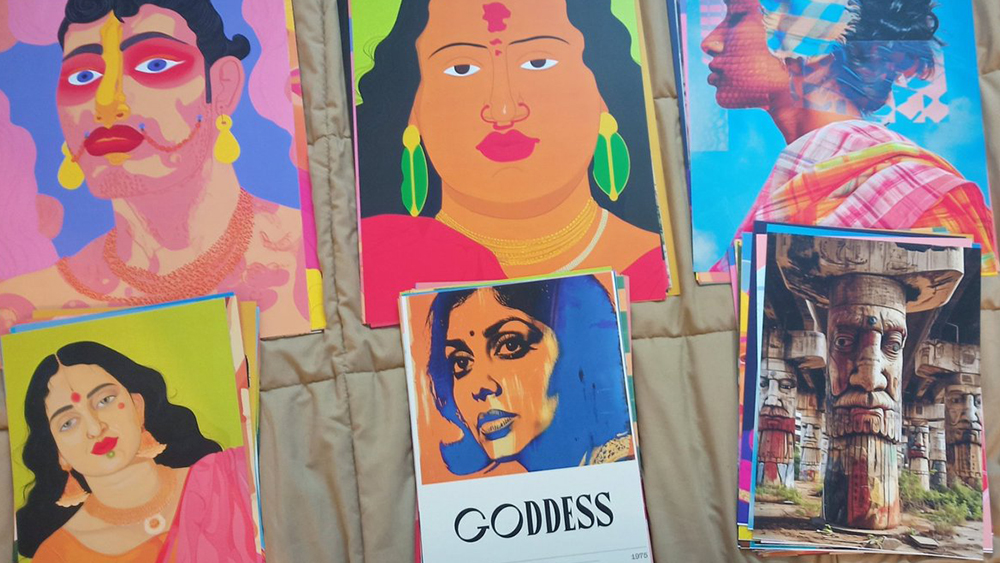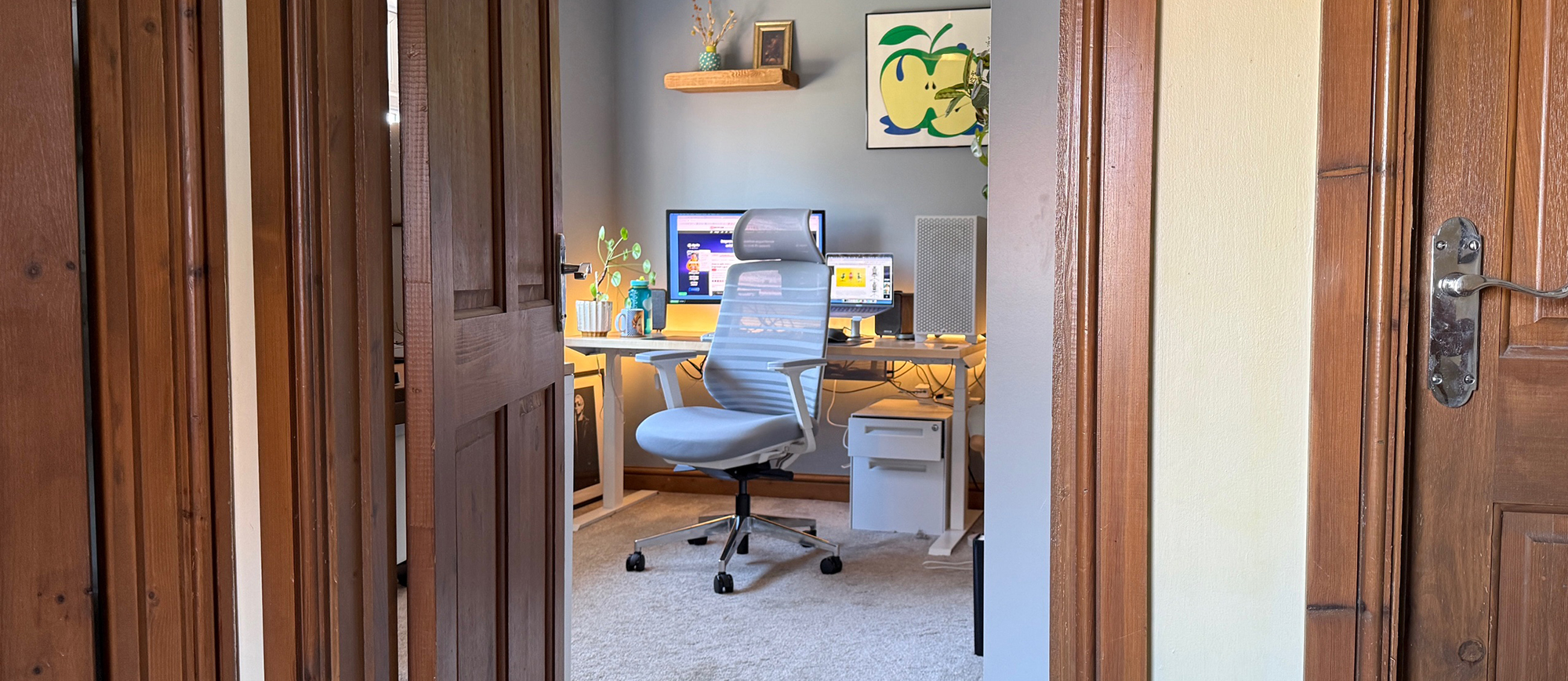
We've seen plenty of controversy around the use of AI art generators over the past couple of years. However, I think this is the first case we've seen of something that was pretty much inevitable. A young man has received a lot of rebuke for selling physical prints of AI art.
Business seems to be going well, but a lot of people are questioning the young entrepreneur's right to sell art that was generated by AI. Since many AI image generators were trained using copyright material, they can often output images copied from the style of particular artists.
For the first time, we opened a stall on Church Street to sell my designs, and we sold out 60-70% of our stock (here's how it went 👇, A MINI QUICK Thread) pic.twitter.com/32frlE6CFbMay 13, 2024
Ashok Reddy posted on X during his first day selling AI art at a stall on Church Street in Bengaluru, and says he sold 60-70% of his stock. He probably isn't the first person to see such a business opportunity. It's likely that there have been other cases that didn't receive attention or weren't even picked up on as being AI (Ashok has admitted that his pieces were AI-generated). We've also seen plenty of AI art being sold digitally on stock photo libraries.
However, in this case, X users were quick to criticise the business. "I was into this, but then I realised it's stolen art. Why are you posting it so proudly?" one person responded. "If it's AI-generated, how can you call them your designs?," someone else asked. "AI generated can never be called 'my designs'. Have some shame and sell something good or original. I swear the first thing that comes to [an] AI bro's mind is to capitalise on someone else's work," another person added.
Here Is A Sneak Peek✨👀 pic.twitter.com/tWldNw1y7oMay 17, 2024
Some have pointed out that the legality of selling AI-generated art remains a grey area. Adobe claims its Firefly AI is the only commercially safe AI art generator because it was trained on licensed Adobe Stock images (with a few Midjourney-generated images thrown in). Several groups of artists have launched lawsuits against other AI image generators, including Stable Diffusion and Google Imagen, and many brands are banning their advertising agencies from using AI.
To date, there has been no legal determination of whether the use of AI art generators is a breach of copyright law. Nor is there a determination on whether AI art can copyrighted, which means anyone could make copies of Ashok's pieces and set up a stall next to him selling them for few rupees less. The EU has proposed legislation that would require AI-generated images to be labelled as such, but it doesn't cover the issue of the right to sell AI-generated work.
Some X users were more supportive of Ashok's enterprise. "Keep doing the great work; love the hustle," one person wrote. "love the hustle. Don't listen to naysayers here. They'll buy pictures of 'photoshopped' models but not this," someone else wrote.
Get the Creative Bloq Newsletter
Daily design news, reviews, how-tos and more, as picked by the editors.

Thank you for reading 5 articles this month* Join now for unlimited access
Enjoy your first month for just £1 / $1 / €1
*Read 5 free articles per month without a subscription

Join now for unlimited access
Try first month for just £1 / $1 / €1

Joe is a regular freelance journalist and editor at Creative Bloq. He writes news, features and buying guides and keeps track of the best equipment and software for creatives, from video editing programs to monitors and accessories. A veteran news writer and photographer, he now works as a project manager at the London and Buenos Aires-based design, production and branding agency Hermana Creatives. There he manages a team of designers, photographers and video editors who specialise in producing visual content and design assets for the hospitality sector. He also dances Argentine tango.
